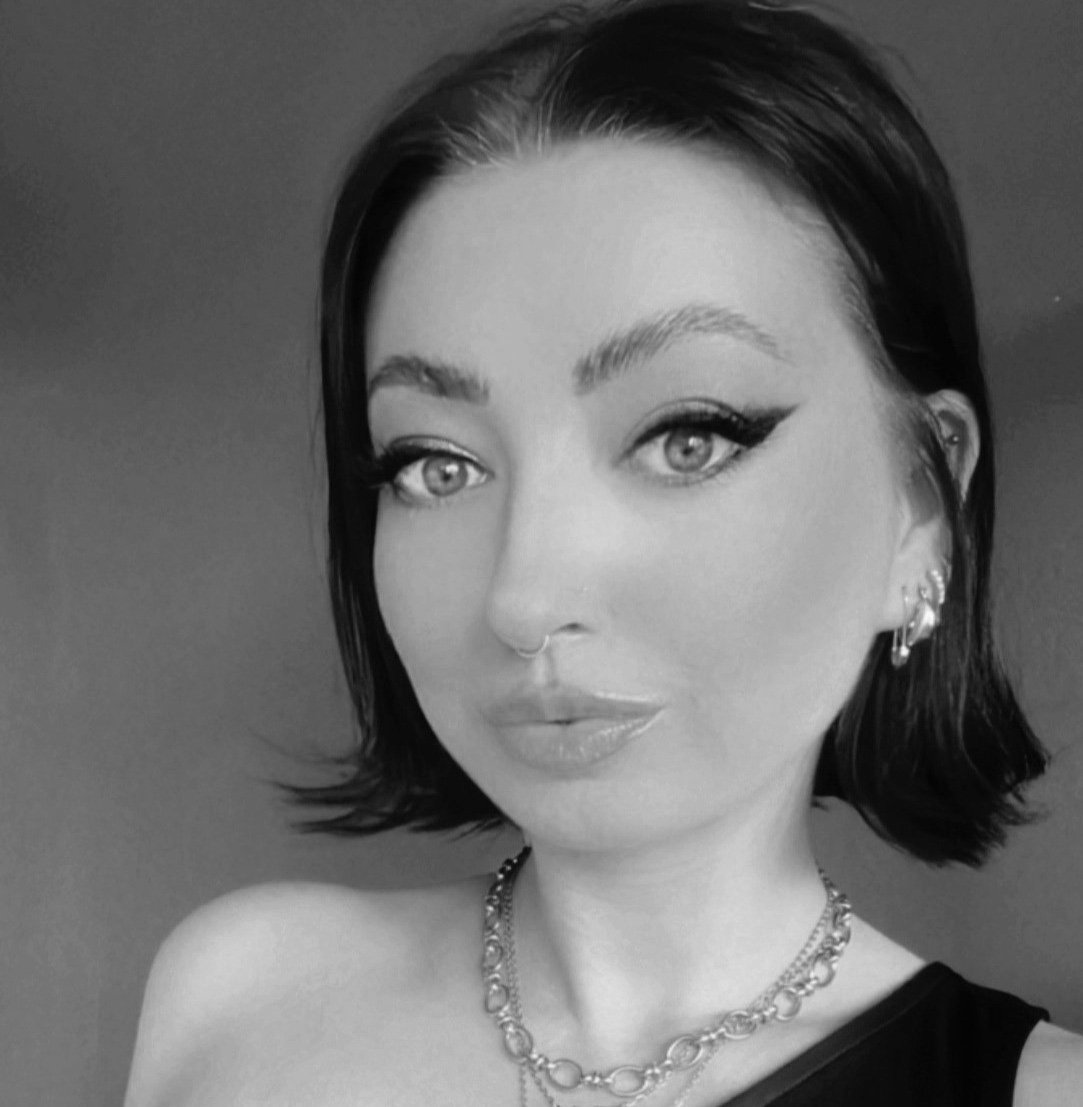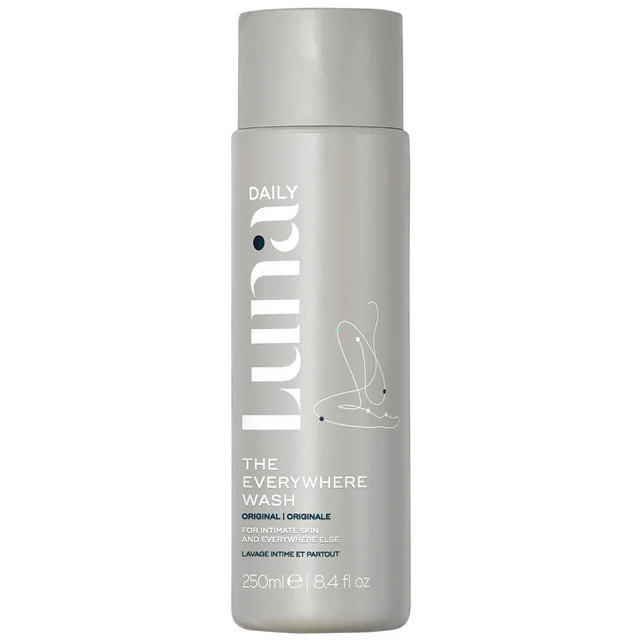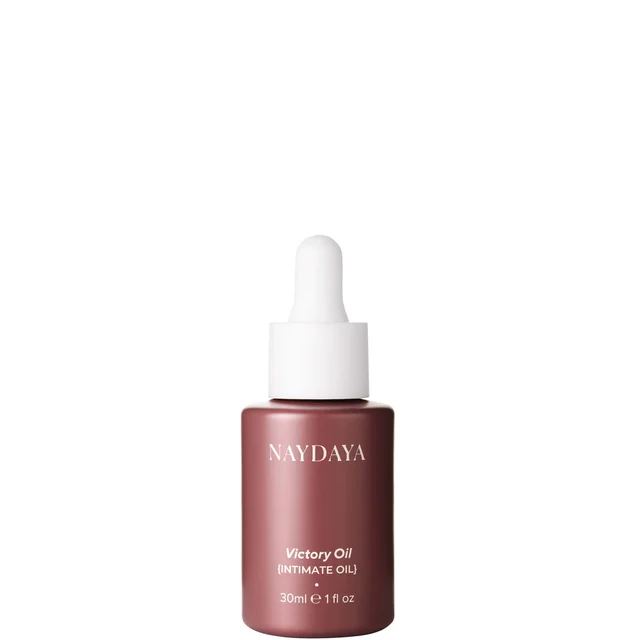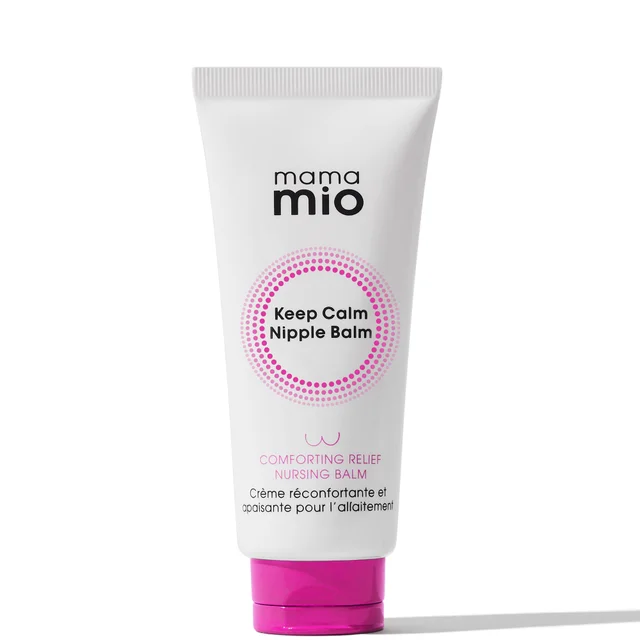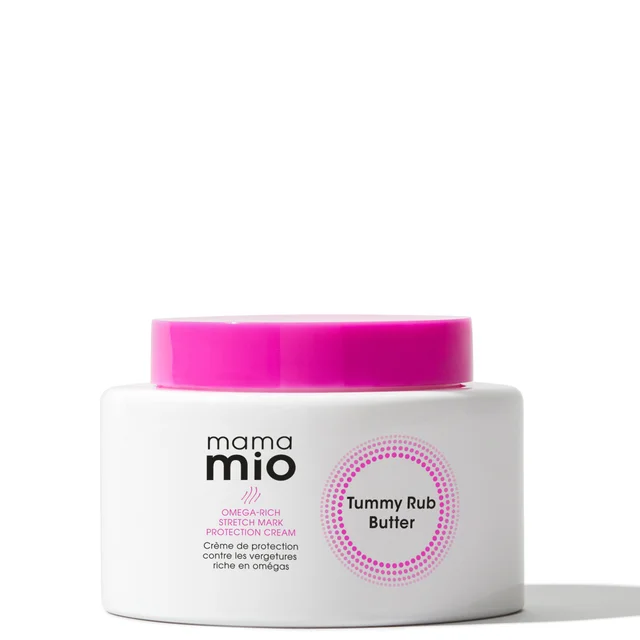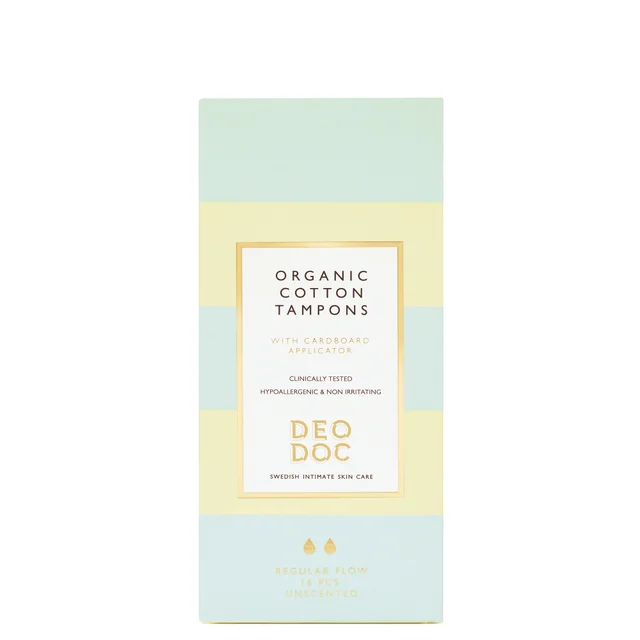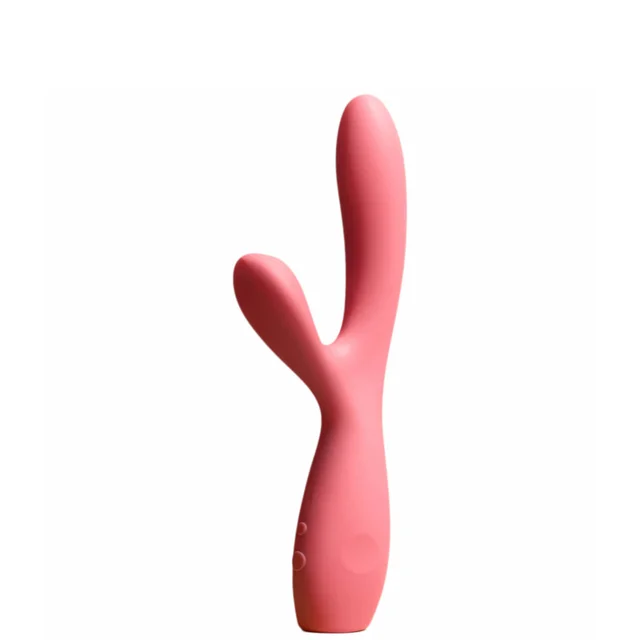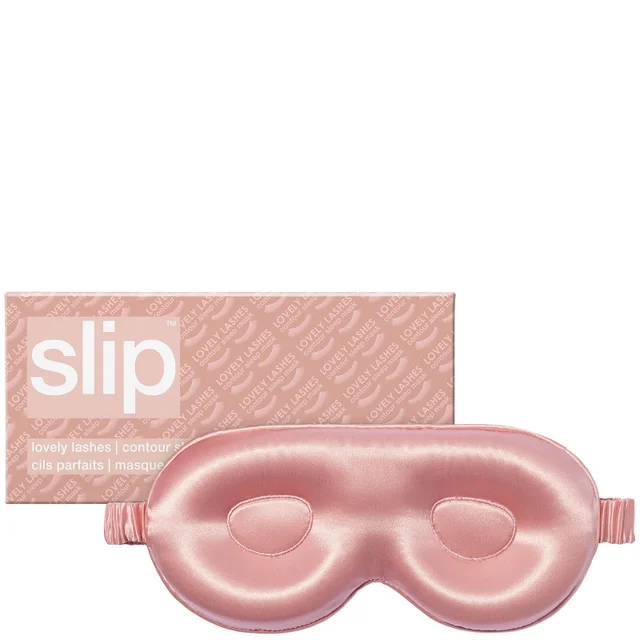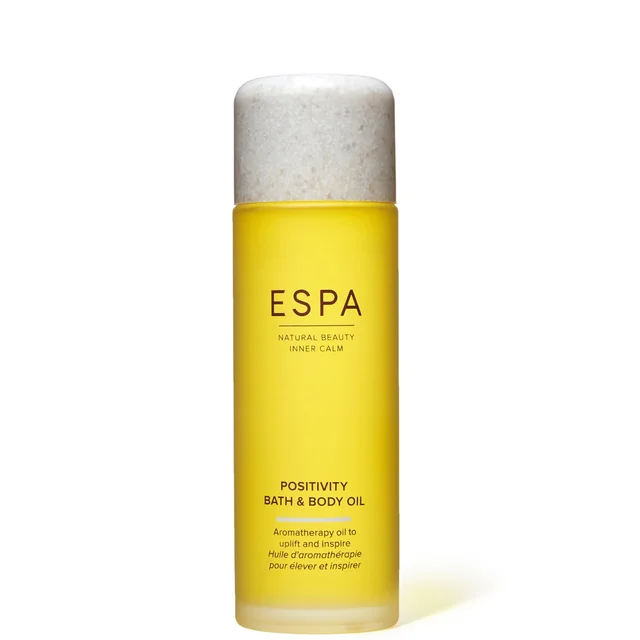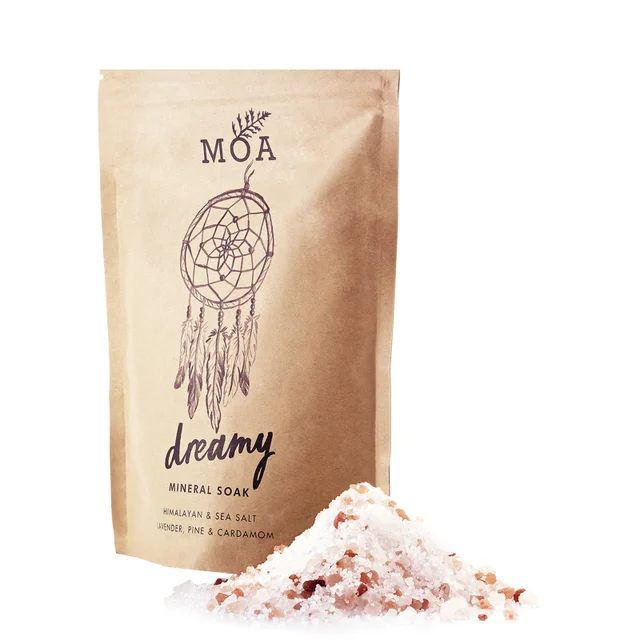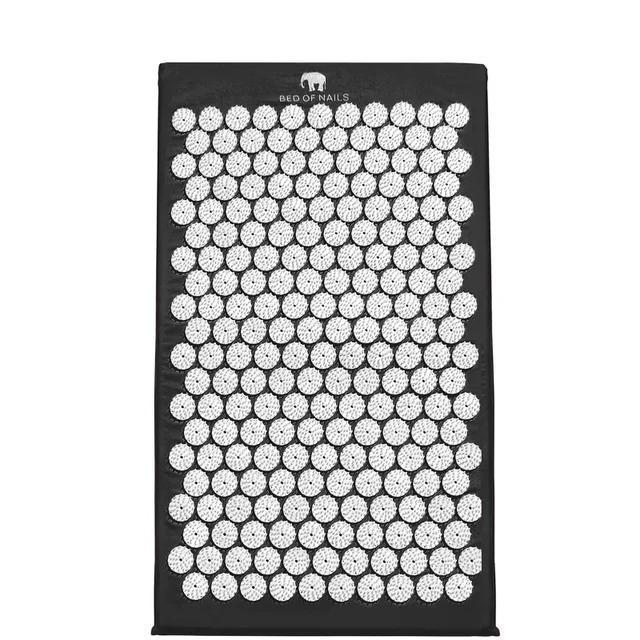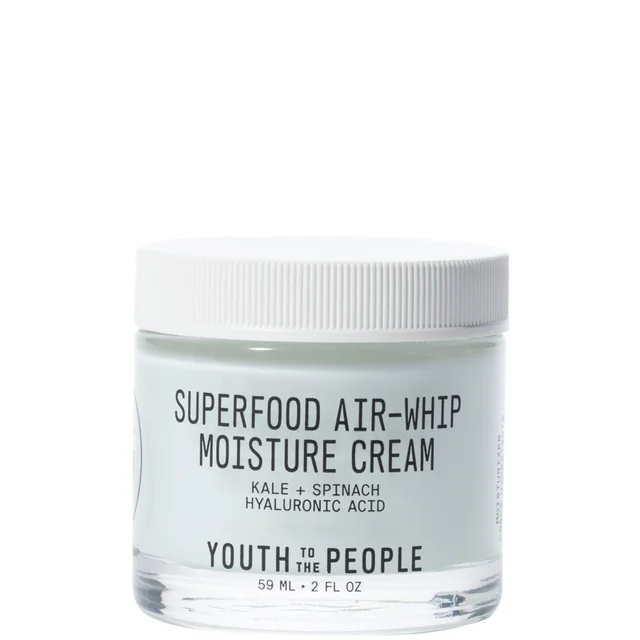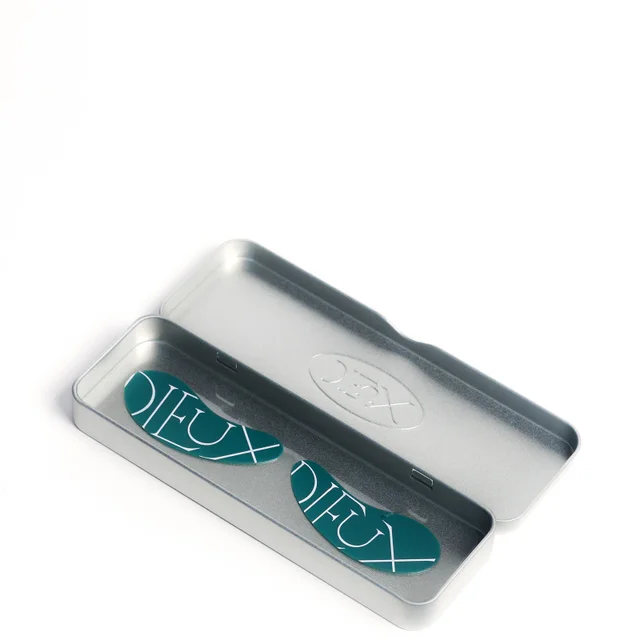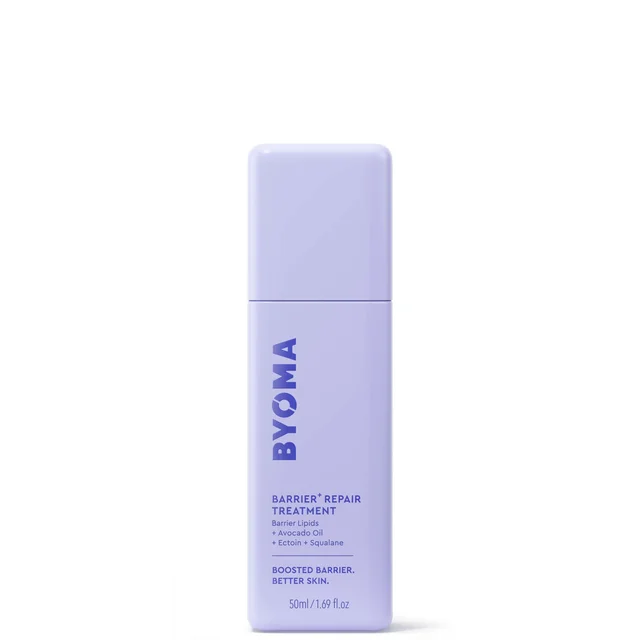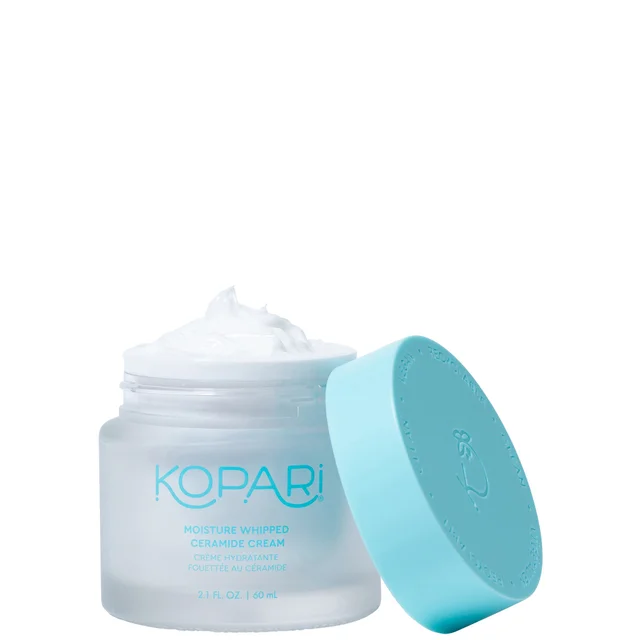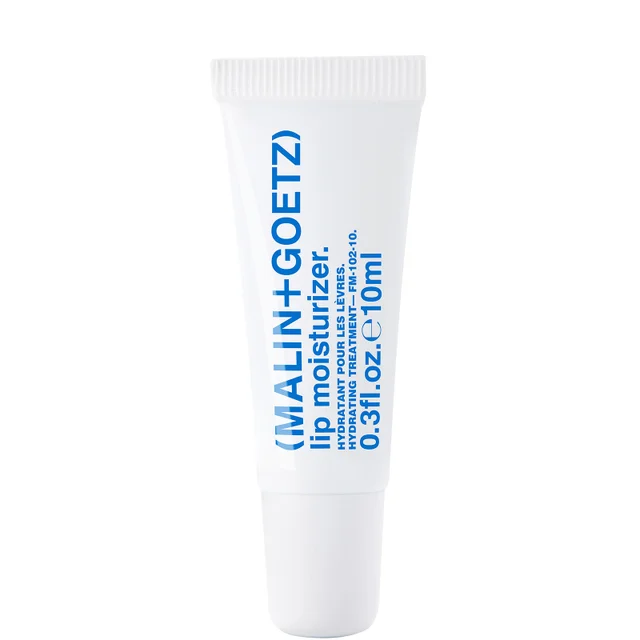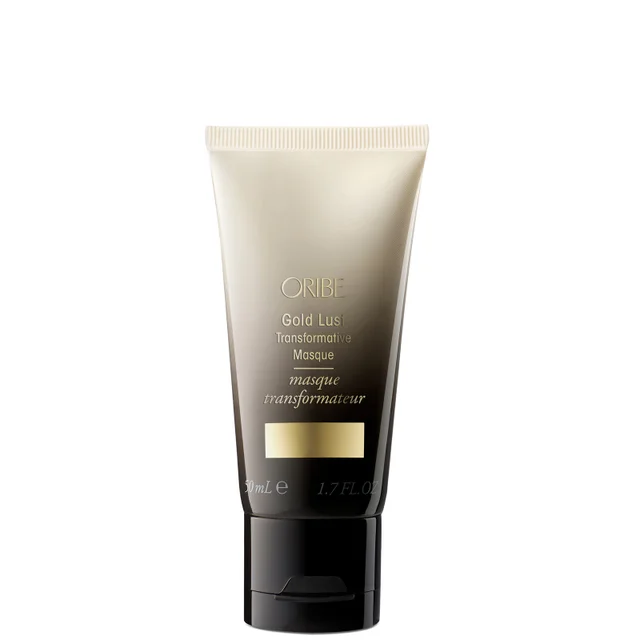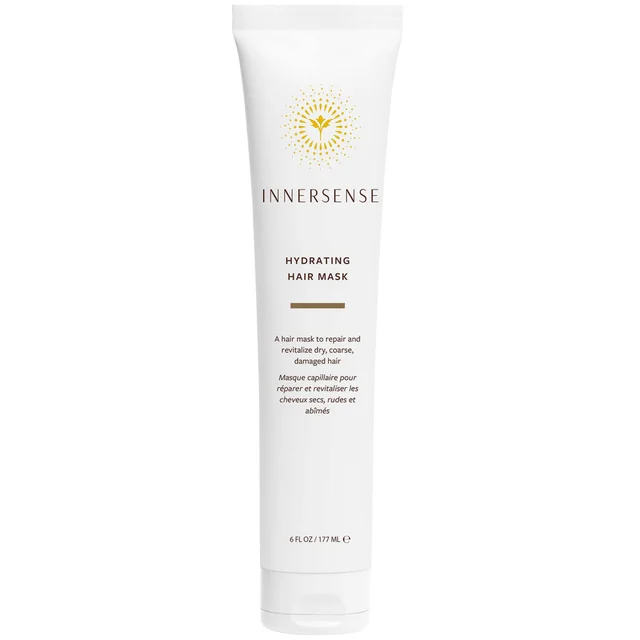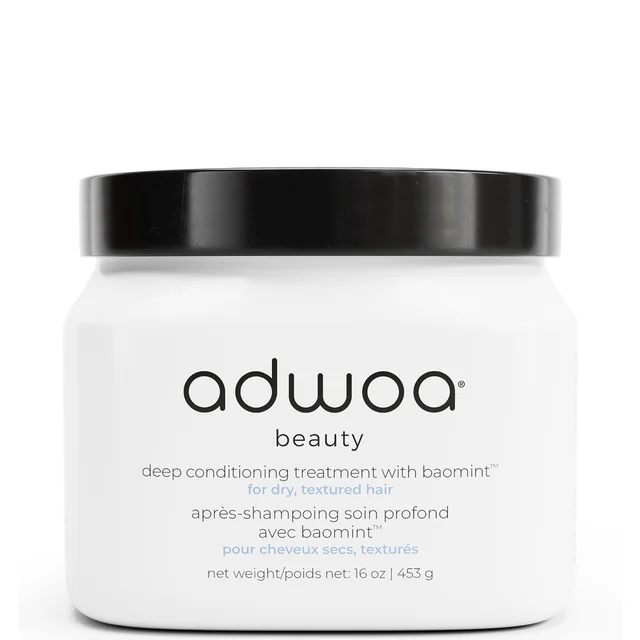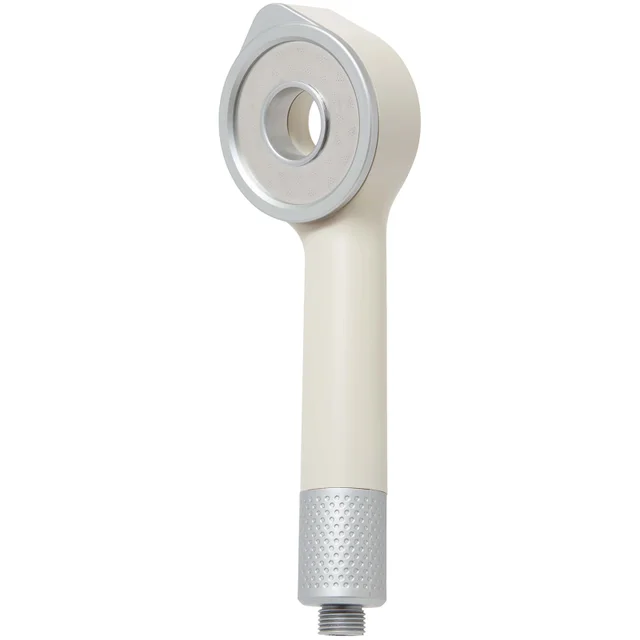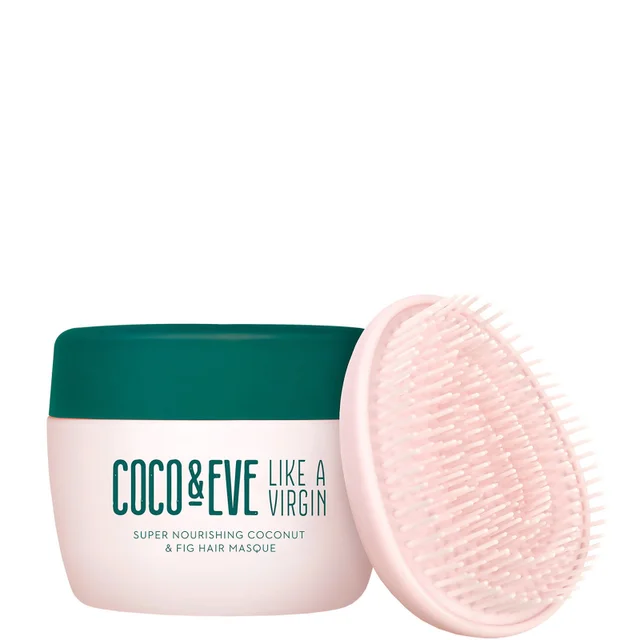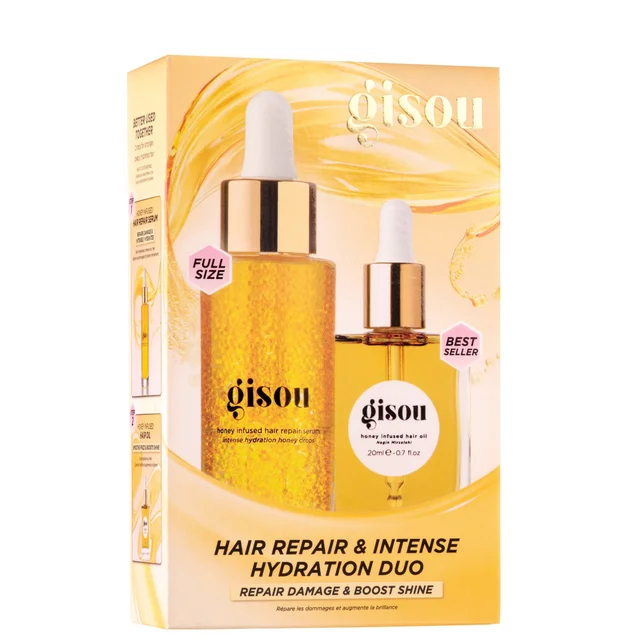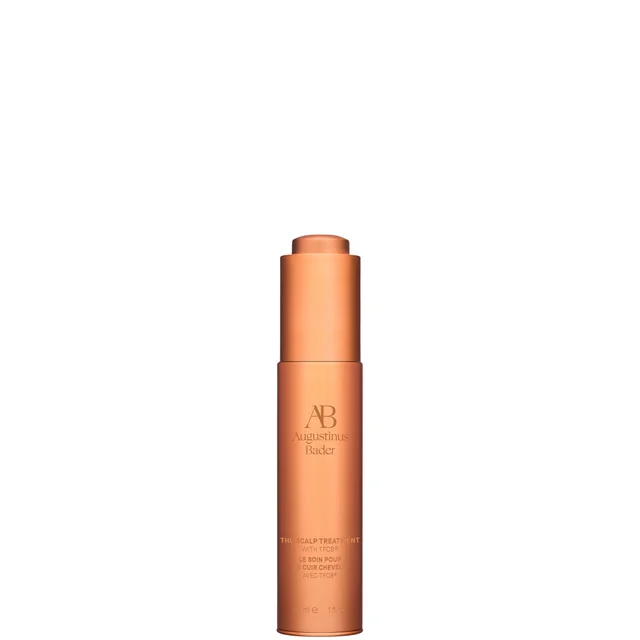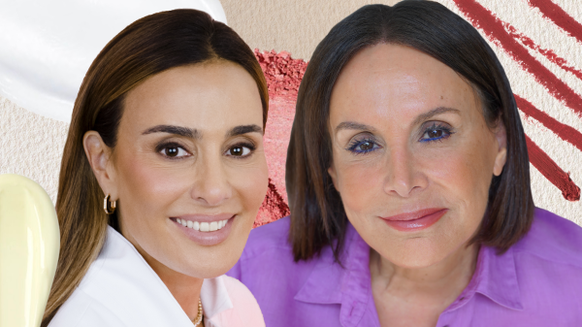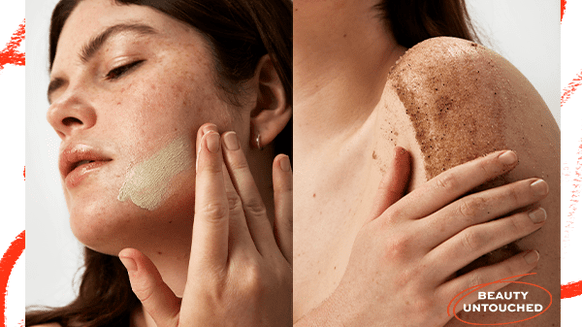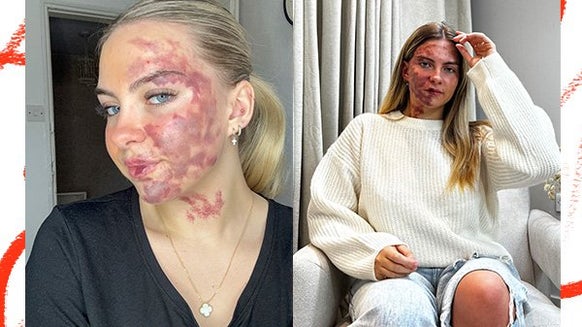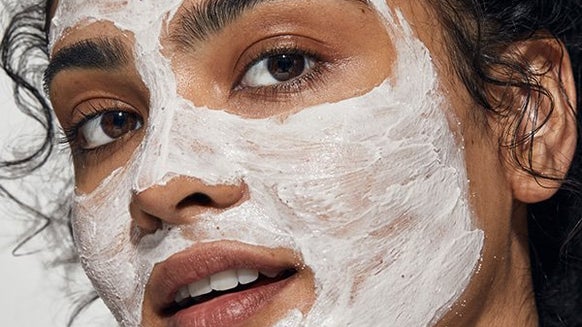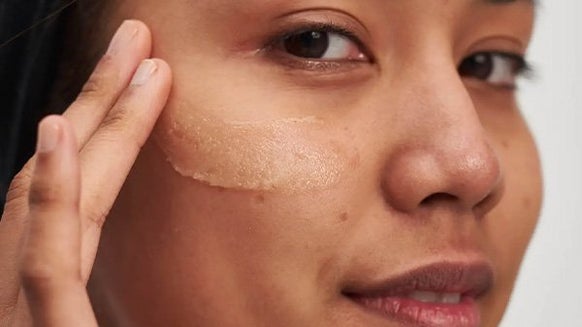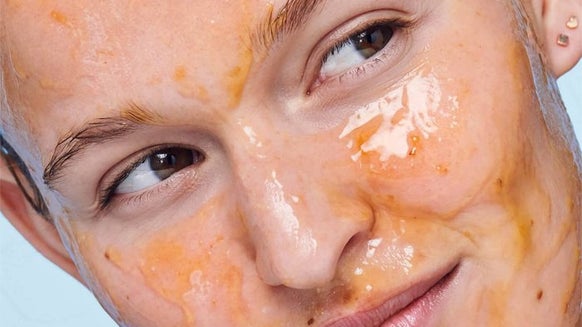To mark International Women’s Day 2024, we’ve partnered with Hertility to launch The (Wo)man-Made Make Up Edit. Starring a host of must-have make up innovations, all just as iconic as the women who created them, this Edit comes in a limited edition beauty bag illustrated by artist Laxmi Hussain. Here, Hertility’s founder, Dr Helen O’Neill, answers your frequently asked hormone questions...
Hormones — we all have them, but how many of us actually understand them? From our skin care to our sexual pleasure, there’s seemingly no end to the ways in which our hormones can impact us.
With that in mind, we sat down with Dr Helen O’Neill, who founded Hertility with a mission to reinvent women’s healthcare and empower a new generation of women who want to know their bodies better and — with that knowledge — take control of their life choices.
LET'S START WITH THE BASICS
Cult Beauty: First of all – what exactly are hormones?
Dr Helen O’Neill: Hormones are small chemical messengers that coordinate lots of different functions in the body — everything from eating and sleeping to walking and talking.
CB: How do hormones differ between men and women?
Dr Helen: Men and women generally have the same set of hormones, but how they’re produced, their blood concentrations and their interactions with the body differ. Men generally have much higher testosterone levels, which produces male sex characteristics [sex organs which are present at birth and mature when sex hormones are released during puberty. Male sexual characteristics include the enlarging of the penis, testicles growing and sperm production]. Women have lower testosterone and higher levels of oestrogen and progesterone, which produce female sex characteristics and (alongside other cycling hormones) fluctuate each month to control the menstrual cycle.
HORMONES AND OUR MENSTRUAL CYCLE
CB: How do hormones change throughout the menstrual cycle?
Dr Helen: Cycling hormones oestrogen, progesterone, follicle stimulating hormone (FSH) and luteinising hormone (LH) all fluctuate throughout the menstrual cycle to bring about different bodily changes. Testosterone levels also fluctuate, spiking around ovulation.
CB: So, what are the different stages of the menstrual cycle?
Dr Helen: The menstrual cycle can be split into four phases. First is your period (the time you bleed) when all your cycling hormones are at their base, or lowest, levels. The second is the follicular phase, when oestrogen rises and follicle stimulating hormone (FSH) signals to your ovaries to start developing that month's eggs. Your temperature will rise (along with your libido), thanks to oestrogen and a spike of testosterone. Next is ovulation, at about halfway through your cycle, when a surge in lutenising hormone causes one mature egg to be released with the hope of it being fertilised. The final phase is the luteal phase, when progesterone levels rise to prepare your body for pregnancy. If a pregnancy doesn’t happen, you menstruate the cycle starts again.
SHOP ALL PERSONAL CARE >>>
SHOP ALL PREGNANCY >>>
HORMONES AND OUR MENTAL HEALTH
CB: How do hormones impact our mental health?
Dr Helen: Our mood and mental health can be hugely influenced by our hormones. Fluctuations of oestrogen during the menstrual cycle and perimenopause have been found to be linked to depression. Mood changes are a common premenstrual symptom (PMS), with many people feeling more anxious during the second half of their cycles. Premenstrual dysphoric disorder (PMDD) also affects about 5% of menstruators, with symptoms including panic attacks and severe anxiety and depression.
CB: If hormones are having an impact on your mental health, how can you combat this?
Dr Helen: The first step can simply be understanding exactly how your hormones are fluctuating each month and recognising patterns in your cycle — so you know when you’re susceptible to mood ups and downs. It’s also important to understand exactly what’s causing your symptoms, by testing your levels (and ruling out any conditions), so you know what kind of support or, possibly, treatment is best for you.
HORMONES AND OUR WELLBEING
CB: How do hormones impact our day-to-day lives?
Dr Helen: Hormones are involved in almost all of our bodies' processes, which means they impact our day-to-day lives in a big way...
CB: So, what about hormones and our sleep?
Dr Helen:The hormone melatonin is responsible for inducing those cosy, sleepy feelings at bedtime, while cortisol gets you up and at ‘em in the morning. But fluctuations in female sex hormones can also impact sleep, often called hormonal insomnia. This is common during perimenopause, postmenopause and pregnancy when oestrogen levels are low. Sleep deprivation can also impact hormone levels by throwing them off balance — a classic toxic relationship.
CB: And, what about hormones and exercise?
Dr Helen: Which stage we’re at in our menstrual cycle has a huge impact on athletic performance, energy levels and recovery, so exercising is generally better during the follicular phase of the menstrual cycle. Regular exercise can also positively impact lots of hormones, including reducing amounts of excess oestrogen in the body and therefore any symptoms relating to oestrogen dominance. Regular exercise can also increase testosterone production, which can benefit muscle growth and repair as well as libido and energy levels.
CB: Is there any impact on our sex lives?
Dr Helen: Many factors influence libido and they can be complex and individual. But, generally during the follicular phase (the first half) of our menstrual cycles, when oestrogen is rising, our sex drive will go up. This is because oestrogen gives us a feel-good factor — it can give us more energy, make us feel more confident and improves our self-esteem. Just before ovulation, we’ll experience our highest sex drive — this is when oestrogen is highest and testosterone spikes.
SHOP ALL WELLBEING >>>
HORMONES AND OUR SKIN
CB: How do the different stages of the menstrual cycle impact skin?
Dr Helen: Our skin is super susceptible to hormonal changes, with dry skin, oily skin and blemishes all being prevalent PMS symptoms. Period breakouts are common because the drop in oestrogen and progesterone just before our periods can trigger our sebaceous glands to produce more sebum — resulting in oily skin. Generally, the more androgen hormones a person has, the more susceptible they are to breakouts. This is because androgens, like testosterone, also increase activity in our sebaceous glands. Dry skin can also be common during the latter half of the menstrual cycle because of the lack of oestrogen. Oestrogen also promotes collagen production, which is why our skin is often looking its dewiest around ovulation.
SHOP ALL SKIN CARE >>>
READ OUR ULTIMATE SKIN CARE GUIDE >>>
HORMONES AND OUR HAIR
CB: And, how do the different hormonal stages of the menstrual cycle impact our hair?
Dr Helen: Our hair can be hugely influenced by our hormones, in a similar way to how our skin is. Higher androgen hormones can cause oily hair, which is common just before our periods because of the higher levels of androgens in comparison to oestrogen. Similarly, drops in oestrogen can also cause dry hair. Your susceptibility to dry or oily hair will depend on your level of androgen hormones.
CB: Might some people experience hair loss at certain points in their cycle?
Dr Helen: Temporary hair loss, in terms of hair density, can occur during our periods. This is called telogen effluvium (TE) and is caused by the sudden drop of oestrogen just before our periods. This is different to hair thinning during peri or post menopause and postpartum.
SHOP ALL HAIR CARE >>>
READ MORE ABOUT HAIR LOSS >>>
HORMONES THROUGH OUR LIFETIME
CB: How do hormones change throughout a lifetime, like during puberty, pregnancy and menopause?
Dr Helen: Female hormones change massively with age. During puberty, oestrogen and progesterone levels rise, causing the development of secondary sex characteristics (like breast and hair growth). These levels begin to regulate after puberty and remain steady — but will undergo significant changes during pregnancy and in the postnatal phase — before dropping during perimenopause (the years leading up to menopause) resulting in menopausal symptoms like hot flashes, mood swings, reduced libido and headaches. Post-menopause hormones drop to very low levels, which is why lots of people explore hormone replacement therapy (HRT) to avoid side effects like weight gain, low energy and reduced bone density.
DISCOVER MORE ABOUT HERTILITY >>>
READ MORE FROM HERTILITY >>>
